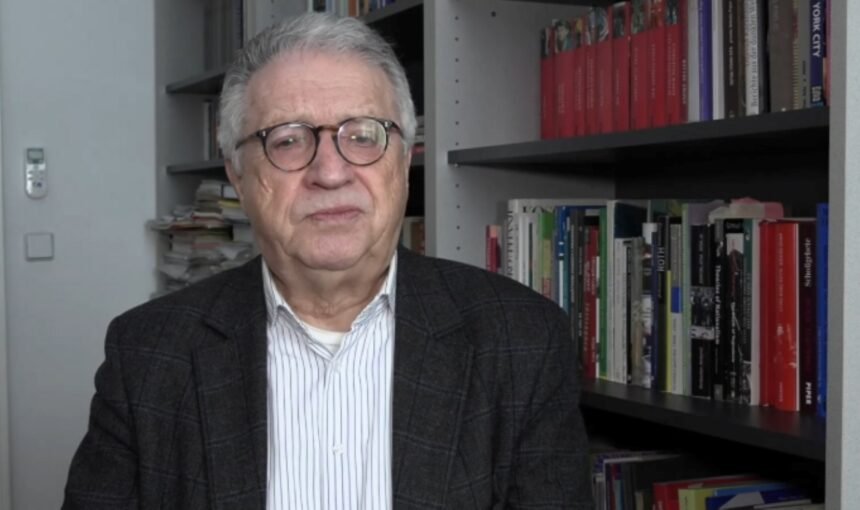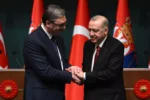Peter Sorensen, the European Union’s newly appointed Special Representative for the Kosovo-Serbia dialogue, is an experienced diplomat and a serious mediator. However, for him to succeed in his role, he requires strong support from Brussels, as well as from Berlin, Paris, and other EU member state capitals, according to Wolfgang Petritsch, who served as the EU’s Special Representative for Kosovo in the late 1990s.
When it comes to Kosovo’s recent elections, Petritsch – reflecting on statements from political actors – draws a parallel with the situation in Austria and notes that no one is willing to enter into a coalition with the winner. He advises for a multi-party government that includes the Serbian community.
“I know Sorensen personally, and I believe he is a highly experienced diplomat. Certainly, his command of ‘our language’ is not his strength, as was the case with Miroslav Lajčak. But I believe Sorensen is a serious mediator. However, he needs full political support from Brussels, as well as from capitals like Berlin and Paris,” Petritsch stresses.
He believes Lajčak lacked this very support – real political backing from the High Representative, his predecessor Josep Borrell.
“I hope Kalas, who is understandably fully focused on the war in Ukraine, will still find time to use her political weight to push this issue forward. Only then will Sorensen have a chance to make progress. He is an experienced diplomat, but he needs the political weight of the EU. If that’s not there, it will not be possible to negotiate with Kurti or make progress with Belgrade,” Petritsch stated to Kosovo-Online.
He added that due to the difficult geopolitical situation, particularly the war in Ukraine and the Middle East, EU support for a solution must be sought, with the hope that the U.S. will stand behind it. However, at the same time, both sides in the dialogue should be asked to move toward normalization, as was agreed upon 10 years ago.
Asked whether the EU still holds power in the Western Balkans and particularly in the dialogue, given the criticism it faces from the U.S. and Donald Trump, Petritsch stated that due to distancing initiated unilaterally by Washington and the critiques of Europe, the EU is weakening.
“The European Union is not a state. With 500 million people, we are a large market and an important economic player, but there is division among the members, and this weakens the EU. This does not make work in the Western Balkans any easier,” Petritsch describes.
According to him, there may need to be a willingness for constructive engagement in Belgrade, especially in finding a solution for Serbs in Kosovo, as it is Serbia’s natural interest for Serbs in Kosovo to finally have a better life.







